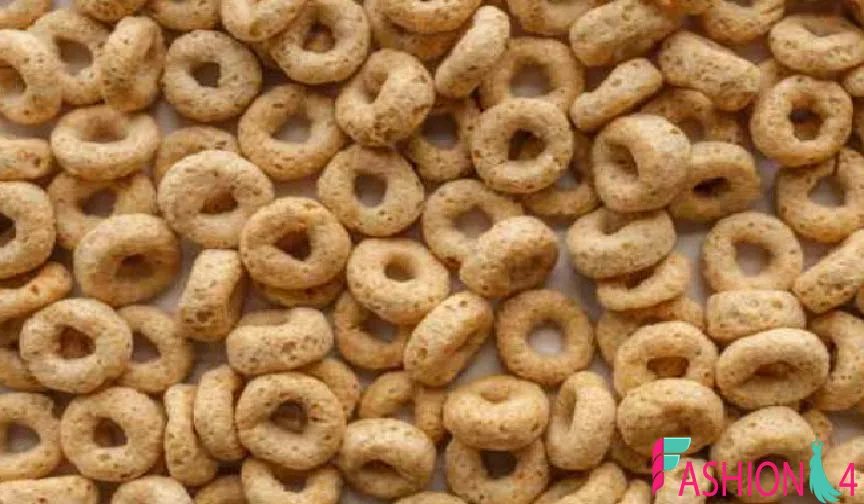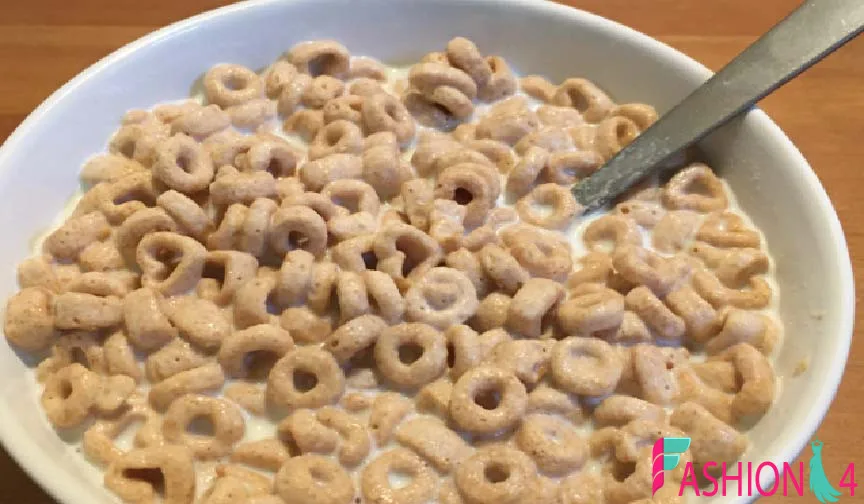
Organic Cheerios have made a significant impact on the cereal aisle, capturing the attention of health-conscious consumers. But what sets this product apart from traditional Cheerios? Are they truly healthier, or is it just another marketing trend? Let’s dive into the details of Organic Cheerios, including their ingredients, nutritional profile, potential benefits, and concerns surrounding their production.
What Are Organic Cheerios?
Organic Cheerios are a version of the classic Cheerios breakfast cereal made from certified organic ingredients. Unlike conventional cereals, Organic Cheerios are produced without the use of synthetic pesticides, artificial fertilizers, or genetically modified organisms (GMOs). This aligns with the standards set by the United States Department of Agriculture (USDA) for organic certification, appealing to those seeking cleaner, more environmentally-friendly food options.
Ingredients: A Closer Look
The ingredients list of Organic Cheerios is straightforward and focuses on whole grain oats. Here’s a breakdown:
- Organic Whole Grain Oats: The primary ingredient in Organic Cheerios is organic whole grain oats. These oats are grown without synthetic pesticides or fertilizers.
- Organic Sugar: Only a small amount of organic sugar is used to add a touch of sweetness.
- Organic Corn Starch: Used to maintain the cereal’s shape and texture.
- Salt: For flavor enhancement.
- Tocopherols (Vitamin E): Derived from natural sources to preserve freshness.
How Do These Ingredients Differ From Conventional Cheerios?
The major difference lies in how the oats and other components are grown and processed. Conventional Cheerios use non-organic oats, which are often treated with chemical pesticides. Organic Cheerios eliminate these concerns, providing a cleaner alternative.
Nutritional Profile of Organic Cheerios
Despite the difference in ingredients, the nutritional content of Organic Cheerios remains relatively similar to that of the classic version. Here’s what you can expect from a 1-cup (28g) serving:
| Nutrient | Amount Per Serving |
|---|---|
| Calories | 100 |
| Total Fat | 2g |
| Saturated Fat | 0.5g |
| Sodium | 140mg |
| Total Carbohydrate | 20g |
| Dietary Fiber | 3g |
| Sugars | 1g |
| Protein | 3g |
Health Benefits of Organic Oats
Oats are naturally high in dietary fiber, particularly beta-glucan, which has been linked to several health benefits, such as:
- Lowering Cholesterol Levels: Beta-glucan has been shown to reduce LDL cholesterol, improving heart health.
- Stabilizing Blood Sugar: The fiber content helps to prevent blood sugar spikes, making it a good choice for people with diabetes.
- Improving Digestion: Fiber promotes healthy digestion and regular bowel movements.
Are Organic Cheerios Really Healthier?
While Organic Cheerios are made with organic ingredients, this does not necessarily make them more nutritious than the regular version. However, there are benefits worth considering:

Reduced Pesticide Exposure
One of the primary reasons people choose organic foods is to limit their exposure to potentially harmful chemicals. A growing body of research suggests that reducing pesticide exposure may have long-term health benefits, particularly for children and pregnant women.
Environmental Impact
Organic farming practices are generally better for the environment, promoting biodiversity and improving soil health. By choosing Organic Cheerios, you are indirectly supporting sustainable agriculture, which has a positive effect on the planet.
Potential Concerns and Drawbacks
While Organic Cheerios are appealing to many, they come with a few downsides:
Higher Cost
Organic foods, including cereals, tend to be more expensive. The price difference between Organic Cheerios and conventional Cheerios may not be justifiable for everyone, especially if budget constraints are a concern.
Limited Availability
Organic products are not always as widely available as their non-organic counterparts. Depending on your location, you may need to visit specialty stores or order online to purchase Organic Cheerios.
Organic vs. Non-Organic: Making the Right Choice
The decision between Organic and conventional Cheerios boils down to personal preference and priorities. Here are some factors to consider:
- Health Concerns: If avoiding pesticides and GMOs is crucial for you, Organic Cheerios are the better choice.
- Budget: Organic Cheerios come at a premium, so consider whether the added cost fits within your budget.
- Environmental Impact: Choosing organic supports eco-friendly farming practices, which can be a significant factor for environmentally conscious consumers.
Alternatives to Organic Cheerios
If you are considering other breakfast options, there are various organic and whole grain cereals available:
- Organic Granola: Packed with whole grains, nuts, and seeds for added nutrition.
- Steel-Cut Oats: A less processed form of oats that can be prepared to your liking.
- Organic Wheat Biscuits: For a different texture and taste, but still made from organic whole grains.
Tips for Enjoying Organic Cheerios
Maximize the nutritional benefits of Organic Cheerios by pairing them with nutrient-rich additions:
- Add Fresh Fruits: Bananas, berries, or apples add natural sweetness and extra fiber.
- Top with Nuts and Seeds: Almonds, chia seeds, or flaxseeds provide healthy fats and protein.
- Use Plant-Based Milk: Almond, oat, or soy milk can be great dairy alternatives for a more diverse nutrient profile.
Final Thoughts: Are Organic Cheerios Worth It?
Ultimately, whether Organic Cheerios are worth the investment depends on your values and dietary goals. If eating organic is a priority for your health or environmental concerns, then the higher cost may be justifiable. However, for those who are more budget-conscious, conventional Cheerios remain a nutritious and convenient breakfast option.
For more information on the benefits of organic foods, you can check resources like the Environmental Working Group’s Guide to Pesticides in Produce or explore other USDA-certified organic cereals.
MORE VISIT, Fashion4

